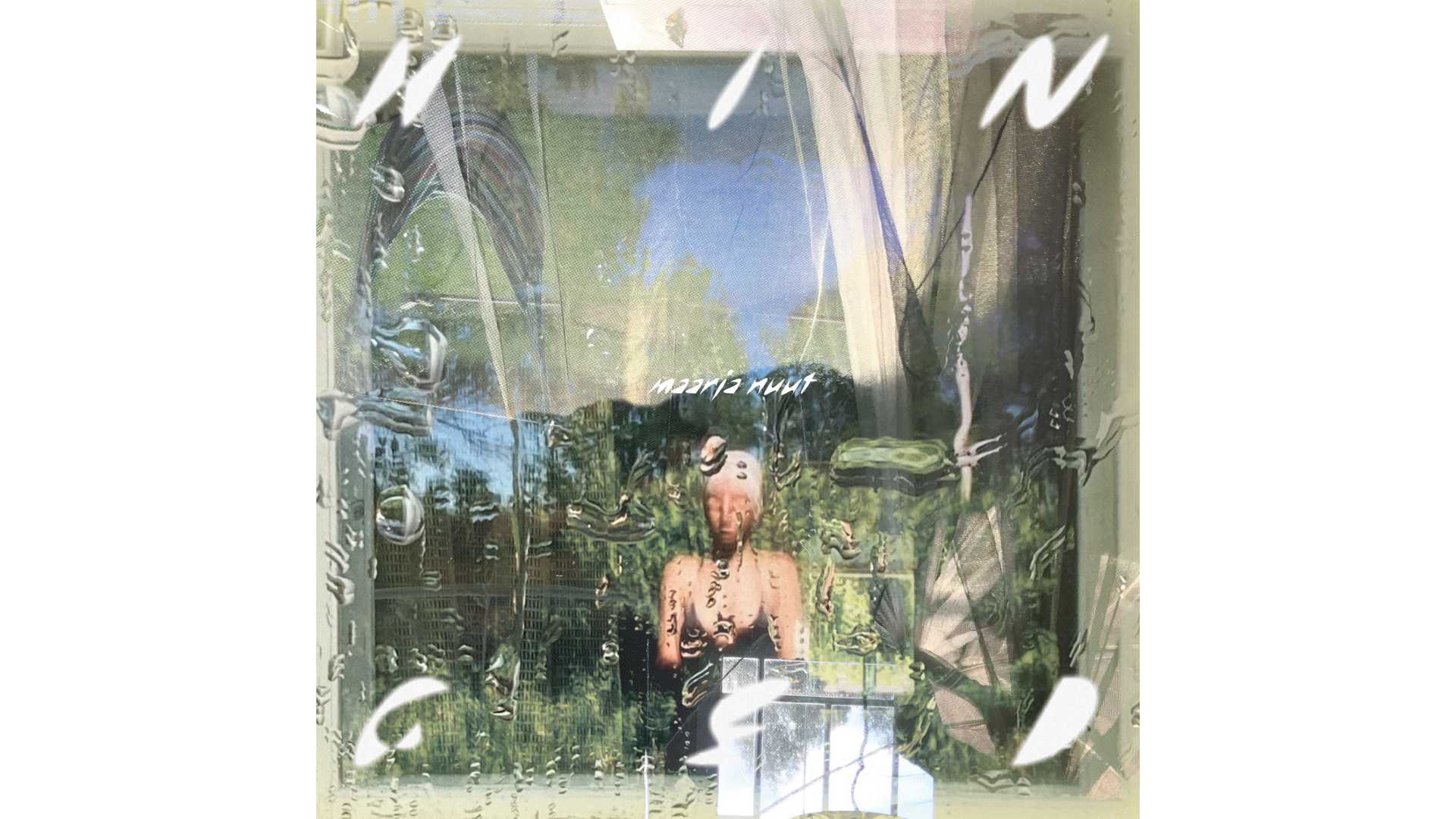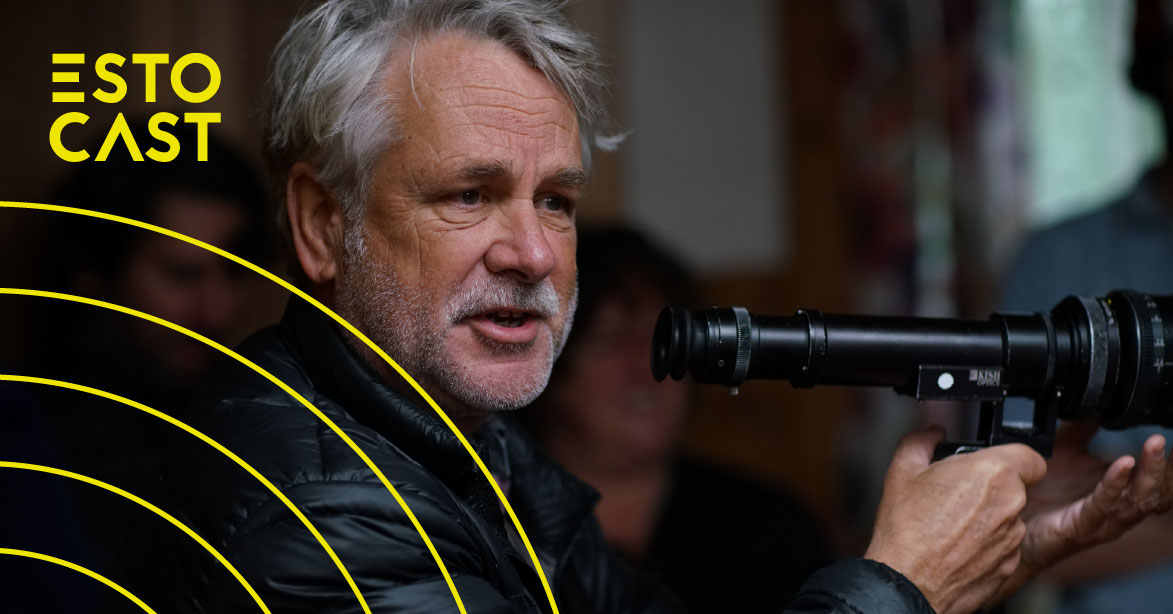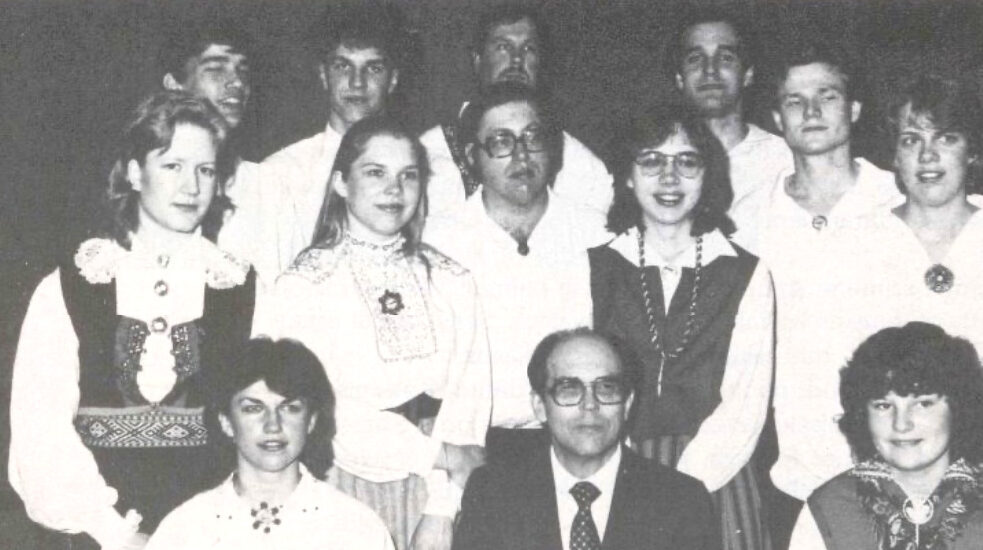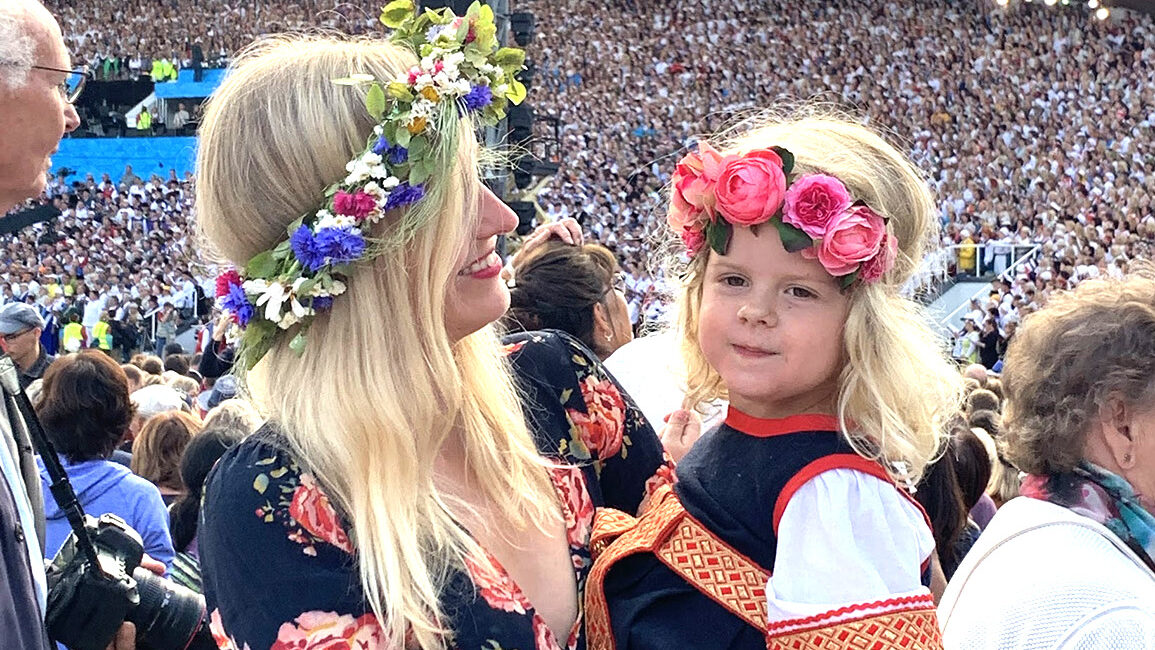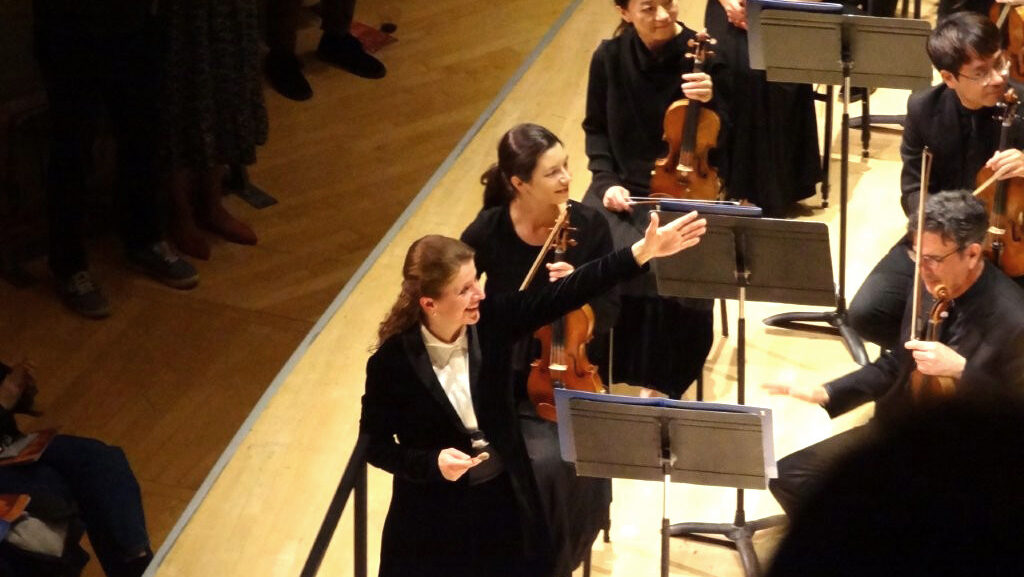The title is deliberately bilingual, with “hinged” referring to spirits in Estonian, as well as how “one's existence hinges on past generations…” As Nuut eloquently outlines the concept of her album, “…we are what has come before.”
The album was recorded in her seaside studio while sorting through a farm that she had inherited from her grandmother. She was looking at “five generations' worth of personal possessions; land that had sustained my forebearers. Clearing the impenetrable brush, and sorting through buildings bursting with artifacts, felt like a long ritual filled with layers, layers, and more layers.”
Unearthing layers like these, through the possessions of one's family, can bring on a heavy mood. The variable condition of possessions serves to remind us of what we have forgotten in the past. Holding something that was last touched years ago brings us back to that last pair of hands. It can bring tears to your eyes, just as much as it can make you smile from ear to ear.
Going all the way back to her 2016 album Une meeles (with the English title “In the Hold of a Dream”), Nuut has frequently channelled pieces of Estonia's past in her music. But as of late, she eschews the call and response and violin style of songs like “Hobusemäng”, for a sound that is less of a revival of music from the past and more of a personal link to the past. To achieve this, she digitally collages her voice and uses modular synthesizers, an organ, and incorporates the rhythms of Swiss jazz drummer Nicolas Stocker.
The album is lyrically bilingual, too, to an extent. Nuut combines English and Estonian all at once in the song “A Scene.” I'm certain I've never heard that done before. It's usually one or the other. Furthermore, this song's decaying bell tones sound like a reminder of fading memories.
“Subota” is a personal favourite from the album, owing to its shifting beat and sense of urgency. Jumpy vocal cut-ins and ambient bog noises sound like an ancient hunting ritual in progress.
As producer, Nuut flips through sound bites like pages in a book. Voices and interjections are used texturally, and many of the songs don't focus on a hard structure, but rather, a soundscape.
The most singular piece in the album is the song “Vaheala valgus” (English title: “I Hear Behind the Moon”), which acts as a kind of interlude. The organ is chilling, as is the wavering tape recording effect you'll hear. It makes you feel cold and lost, quite literally, when listening to it. Maarja Nuut is establishing historic connections in a much more radical idiom than we have been exposed to through other genres like folk.
The word “clarity” is the last lyric uttered on the album, in the song “Moment.” Despite that word choice, the album's ending feels almost unresolved. But that could very easily be my own mortal way of thinking, considering this album's connection to another plane, with spirits, and cycles rather than endings.
This article was written by Vincent Teetsov as part of the Local Journalism Initiative.
